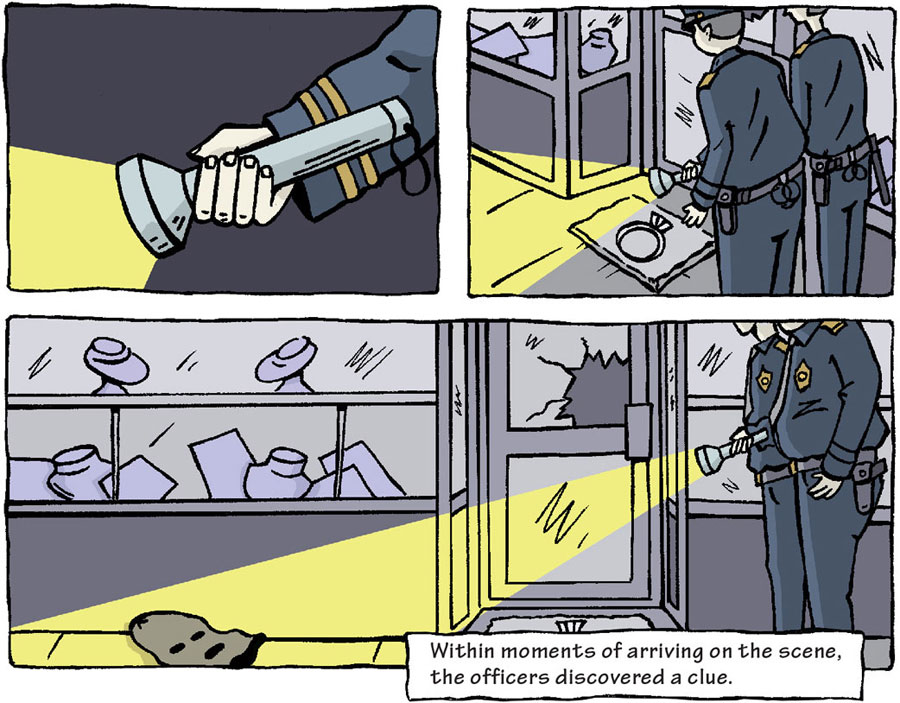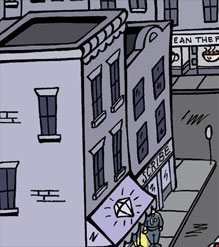
The Story Book



Tell me a fact and I’ll learn.
Tell me a truth and I’ll believe.
Tell me a story and it will live
in my heart forever.Indian proverb
The storytelling instinct goes back thousands of years. The first stories probably had a lot to do with survival: “Food here, tigers there.” With time, they became the way complex knowledge was passed down and preserved from generation to generation.

So what makes stories so powerful?
Our brains are wired for stories—and stories can literally rewire our brains. As our synapses process story information, new neural pathways are forged. In other words, stories literally change our minds.

The part of our brain that responds to stories is the same one that records experiences. That means we absorb stories as if they are happening to us. Which is why they touch our hearts. We aren’t a passive audience: we live them.


Before a story is told, it has to be built. Whether written or spoken, drawn or danced, all stories organize information, taking the raw material of people, places and things and giving them structure.
Like pictures, all stories have to be framed. Framing puts content into context. It determines what stays in and what stays out. It sets up our relationship to what we’re being told.

When a story is well framed, the details have room to pop.

The second part of storybuilding is choosing those details. Picking out the accents that will grab the audience’s interest and hold it to the end. That’s the art of selection.
Structure, framing, selection: the storyteller’s tools.


We tell stories.
Here’s one about us: we founded Ascribe with the idea that the practice of storytelling could be collective. That by breaking down the different storybuilding functions, we could do it better, faster and smarter.
So we formed a company and grew a team, and created a writing agency that today tells stories for clients in Ottawa, across Canada—and around the world.
That’s our story. And we’re sticking to it.

* Most dates wildly approximate
Language begins (give or take 100,000 years).
 The earliest undisputed intentional human burial provides a formal way of concluding the ‘story’ of a life.
The earliest undisputed intentional human burial provides a formal way of concluding the ‘story’ of a life.
 The Bible. No other literary work has had a greater impact on Western culture before or since.
Its stories have been told and retold through art, literature and music—from Rembrandt’s Abraham’s Sacrifice to Milton’s Paradise Lost to Andrew Lloyd Webber’s Jesus Christ Superstar.
The Bible. No other literary work has had a greater impact on Western culture before or since.
Its stories have been told and retold through art, literature and music—from Rembrandt’s Abraham’s Sacrifice to Milton’s Paradise Lost to Andrew Lloyd Webber’s Jesus Christ Superstar.
Ballet evolves from an entertainment for the courts of France and Italy into one of the world’s most beloved forms of dance—with centuries of storytelling to come.
 Johannes Gensfleisch zur Laden zum Gutenberg invents moveable type (a.k.a. the printing press).
Johannes Gensfleisch zur Laden zum Gutenberg invents moveable type (a.k.a. the printing press).
The Malleus Maleficarum insists on the existence of devil worship and witches—and explains how to prosecute and punish such crimes.
 Martin Luther posts his 95 Theses on the door of a church—kicking off a longstanding tradition of
‘nailing’ people and ideas in editorials.
Martin Luther posts his 95 Theses on the door of a church—kicking off a longstanding tradition of
‘nailing’ people and ideas in editorials.
Sometimes taken as political satire and sometimes as a serious treatise, Niccolò Machiavelli’s The Prince marked a fundamental break in the history of political thought. The idea of noble ends justifying ruthless means has spawned countless ‘Machiavellian’ villains in stories since.
 Orson Welles puts on a radio drama called War of the Worlds and sends listeners into a panic that the Earth is being invaded by creatures from Mars. (Predates use of the colloquial disclaimer, “Psych!”)
Orson Welles puts on a radio drama called War of the Worlds and sends listeners into a panic that the Earth is being invaded by creatures from Mars. (Predates use of the colloquial disclaimer, “Psych!”)
Bob Woodward and Carl Bernstein ‘follow the money’ behind the Watergate break-in all the way to the White House, precipitating the end of Richard Nixon’s presidency and forging a whole new spirit of investigative journalism.
 For five years in the 1990s, TV viewers watched a love story unfold over “a very sophisticated cup of coffee” through a soap opera-like series of 12 ads for Taster’s Choice instant coffee.
For five years in the 1990s, TV viewers watched a love story unfold over “a very sophisticated cup of coffee” through a soap opera-like series of 12 ads for Taster’s Choice instant coffee.
 The zombie zeitgeist rolls on with the start of a fourth season of The Walking Dead, one year after a character- and story-driven video game based on the show is named Game of the Year at the Spike Video Game Awards.
The zombie zeitgeist rolls on with the start of a fourth season of The Walking Dead, one year after a character- and story-driven video game based on the show is named Game of the Year at the Spike Video Game Awards.
Learn how outsourced writing services can relieve your content-creation burden. Read our business case.
Download